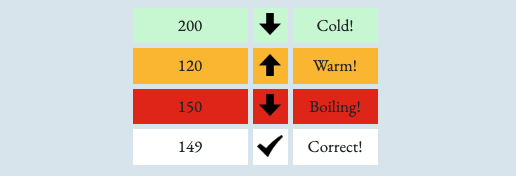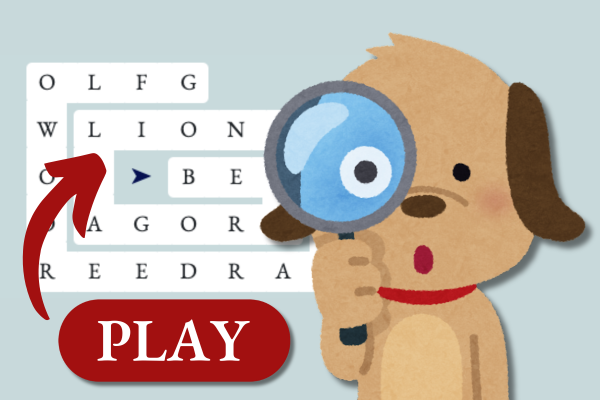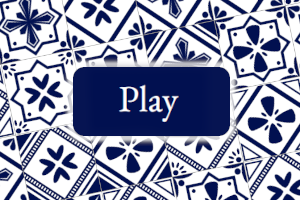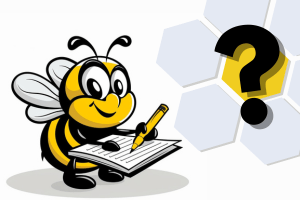Welcome to Number Guesser!
Number Guesser is an exciting and educational number guessing game where your task is to guess various numerical facts. This game not only tests your numerical knowledge but also helps you learn fascinating statistics and facts. From the population of France to the height of Mount Everest, challenge your knowledge and intuition! Whether you're a trivia enthusiast or just looking to pass the time, Number Guesser provides a fun and informative experience. Sharpen your guessing skills and enjoy a game that combines learning with entertainment!
Guess the Number
In each round, you'll be prompted to guess a specific number. After each guess, we'll let you know if the correct number is higher or lower. Your goal is to find the exact number with the fewest guesses possible. The fewer attempts you need, the more points you will score. This mechanism not only makes the game engaging but also adds an element of strategy as you try to zero in on the correct number. The game encourages you to think critically and use logical reasoning to narrow down the possibilities. Can you become a master at Number Guesser?
Categories of questions
Our game covers a wide range of topics. You might need to guess the number of popes in history, the number of bones in the human body, or even the height of the tallest mountains. There's always something new to learn! Each category is designed to challenge different aspects of your knowledge, making every round a unique experience. You might find yourself guessing the length of the Great Wall of China one moment and the number of planets in our solar system the next. With such a diverse array of questions, Number Guesser ensures that you stay engaged and educated throughout your gameplay
How to play Number Guesser
- Read the Question
Carefully look at the prompt to understand the number you need to guess. It could be anything from the population of a country to the height of a famous mountain. Understanding the question is key to making an informed guess. - Make Your First Guess
Enter your initial guess. This first guess doesn't have to be perfect; it's just a starting point to help you gauge the correct number. - Receive Feedback
After submitting your guess, you'll receive feedback indicating whether the actual number is higher or lower than your guess. This feedback helps you adjust your next guess. - Adjust Your Guess
Based on the feedback, make a new guess that is either higher or lower. Use the clues to narrow down the possible range of numbers. - Continue Guessing
Repeat the process of guessing and receiving feedback until you correctly guess the number. Try to find the exact number in the fewest guesses possible to maximize your score. - Enjoy Playing and Learning
Have fun playing and learning new facts with each question! Each round is an opportunity to challenge your knowledge and improve your guessing skills.




Feedback on your guesses
After every guess, you'll receive immediate feedback. If your guess is too high, we'll tell you to guess lower. If it's too low, we'll tell you to guess higher. Use these clues to zero in on the correct number quickly.
Strategy tips
To succeed in Number Guesser, think strategically. Start with broad guesses to narrow down the range, then make smaller adjustments based on the feedback. This approach will help you find the correct number in fewer attempts.
Enjoy and learn playing numbers game
Number Guesser is not just about winning, it's also about learning. Each question is an opportunity to expand your knowledge about various facts. Have fun, challenge yourself, and see how many numbers you can guess correctly!
About Number Guessing Games
Number, guessing games are classic exercises in logic and strategy that have captivated players for generations. One of the most well-known versions involves two players. The first player secretly selects a number within a predefined range, typically 1 to 1000. The second player then attempts to guess this number, armed with the ability to ask up to 10 questions, which the first player can only answer with "Yes" or "No."
The strategic depth of the original game comes from formulating questions that effectively narrow down the possible range of numbers. For instance, the second player might start by asking if the number is greater than 500, then proceed to divide the remaining range based on the answers received. This method of binary search ensures that the player can zero in on the correct number within the allowed number of questions.
A New Twist - Guessing Numbers with Hints
Inspired by the traditional number guessing game, a new version introduces an intriguing twist that enhances both the fun and educational value. In this variant, instead of merely asking yes-or-no questions, players receive hints related to real-world facts, and they must guess a number associated with these hints. The objective remains to guess the number in the fewest attempts possible, but the approach to narrowing down the guesses is significantly different.
In this game, each round presents a hint, such as "guess the population of Germany" or "guess the length of the Nile". These hints are designed to engage players' general knowledge and estimation skills. For example, if the hint is about Germany's population, players must use their knowledge of world demographics to make an educated guess. Similarly, when asked about the length of the Nile, players would rely on their understanding of geography.
The introduction of factual hints adds a layer of educational value to the game, making it not just a test of logical reasoning but also an opportunity to learn and recall interesting facts. Additionally, this version encourages discussion and collaborative thinking, as players might share their knowledge and reasoning processes before arriving at a guess.
Conclusion
Number guessing games, whether in their original form or with innovative modifications, offer a unique blend of challenge and enjoyment. The traditional game tests logical deduction and strategic questioning, while the new hint-based variant enriches the experience with educational content and collaborative guessing. Both versions serve as excellent tools for mental exercise, reinforcing the timeless appeal of number guessing games.



